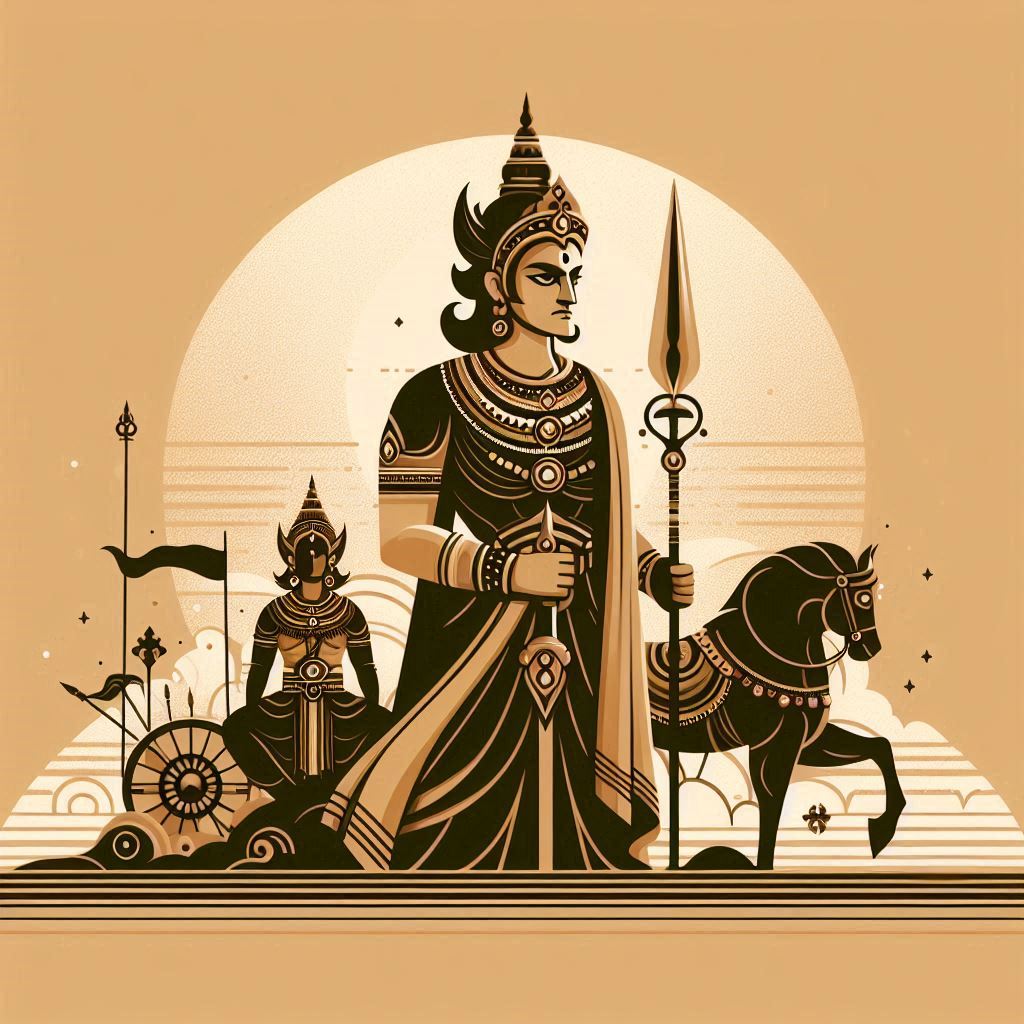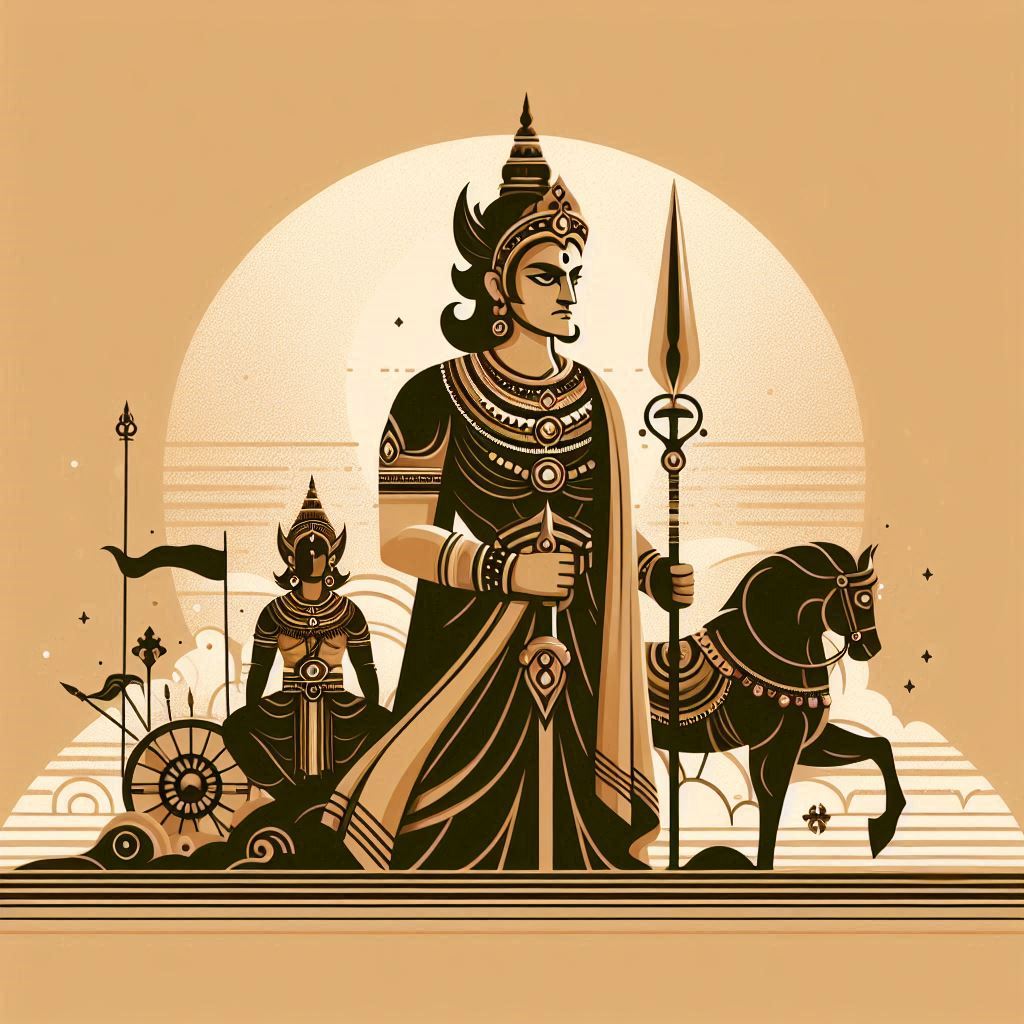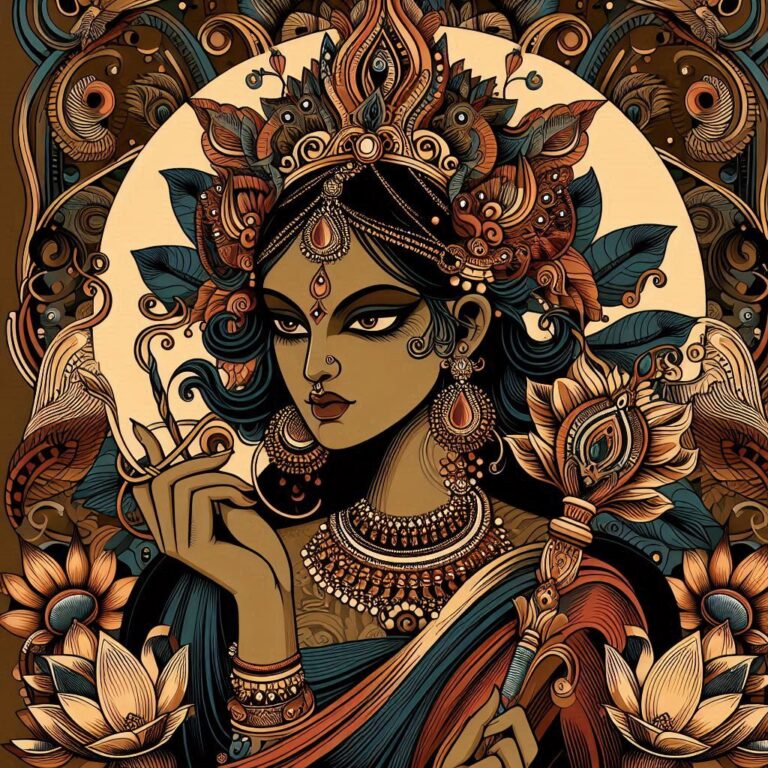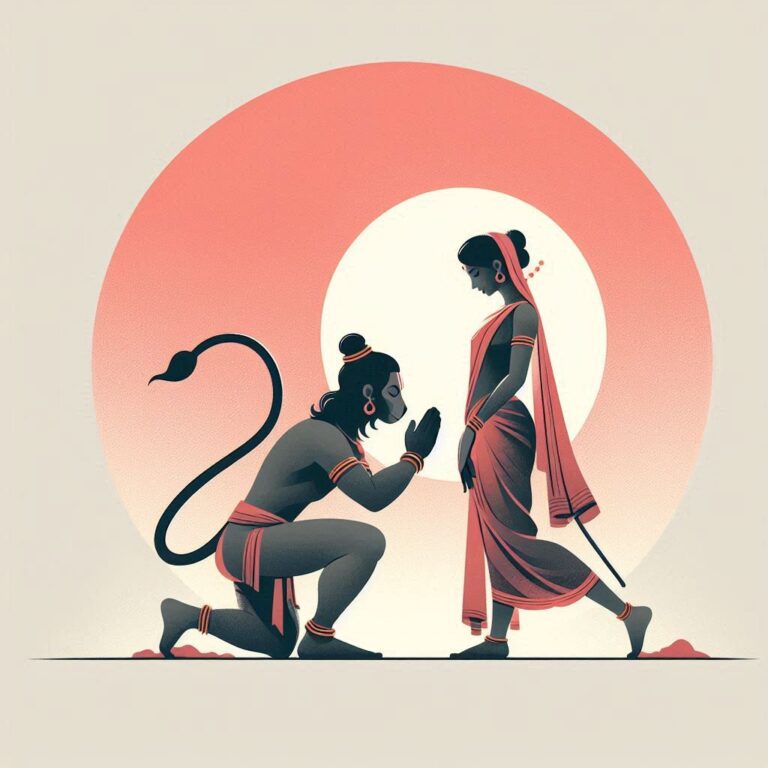Bharata’s Role and Values in Ramayana: A Deep Analysis
Bharata in Ramayana: A Deep Dive into His Role and Values
When we think of the Ramayana, names like Rama and Sita often light up our minds, but let’s not forget Bharata! This remarkable character embodies values of loyalty, righteousness, and sacrifice. In this article, we’ll dissect Bharata’s role in the Ramayana and explore the philosophy and principles he stands for with some support from Sanskrit Dohas and Shlokas. Ready? Let’s dive in!
Who is Bharata?
Before we jump into the meat of the matter, let’s set the stage. Bharata is one of King Dasharatha’s four sons, alongside Rama, Lakshmana, and Shatrughna. While Rama is the hero of the story, Bharata shines as a true gem of devotion and integrity. Throughout his journey, Bharata proves that sometimes, the real journey lies not in the pursuit of power but in adhering to moral values and familial bonds.
The Unwavering Loyalty of Bharata
One of Bharata’s defining characteristics is his unwavering loyalty to Rama. When Dasharatha unexpectedly dies, the throne of Ayodhya, set to be inherited by Rama, is instead given to Bharata due to a scheme by Kaikeyi, Bharata’s mother. Yet, what does Bharata do? Instead of relishing his newfound power, he rejects the throne, standing firmly with his brother.
“अहे छन्तारः सुखम्।”
“Ahe chantāraḥ sukham.”
(The true happiness is in virtue.)
Bharata believes that the throne and kingdom are meaningless in the absence of his brother. Just imagine being given a golden throne while your loved one is in exile! Bharata’s choice makes it clear that he values familial bonds over power.
Bharata’s Compassion in Action
Bharata’s heart is as grand as his spirit. After learning of Rama’s exile and his mother’s treachery, he takes it upon himself to bring Rama back. Does that sound familiar? It’s like a classic tale where the eldest brother puts the family before himself, navigating a world filled with chaos and conflicting loyalties.
A Symbol of Dharma
Bharata is not just a character; he represents Dharma, or righteousness. When he learns about Kaikeyi’s manipulations, he expresses his anger and disgust towards her actions. He believes that ruling Ayodhya without Rama is a grave injustice. Hence, Bharata’s journey adds layers to the concept of duty, suggesting that true leadership is about serving the greater good.
“धर्मं तदं न प्रजाहि।”
“Dharmam tadā na prajāhi.”
(Never abandon righteousness.)
His insistence on righteousness over personal gain showcases that the essence of a true leader transcends mere power.
The Heart-Wrenching Regret
Bharata’s regrets after Rama leaves are heart-wrenching. When he visits the forest to meet his brother, he falls to his feet, drenched in despair. “Why was there no communication? Why couldn’t he have prevented this?” It’s as if the weight of the world rests on his shoulders. Bharata longs for his brother’s companionship, and this agony makes him relatable. Isn’t it quintessentially human to desire what one cannot have?
Bharata’s Leadership Style
Even during the years of Rama’s exile, Bharata doesn’t just wait idly. He rules Ayodhya but does so with immense sorrow in his heart. He places Rama’s sandals on the throne, ruling in his brother’s name. This act showcases Bharata as a leader who embodies restraint and humility. His leadership isn’t decorated with pomp and circumstance but rather soaked in reverence for his brother and adherence to his values.
“सर्वं धनं न हिनस्ति धर्मः।”
“Sarvaṁ dhanaṁ na hinasti dharmaḥ.”
(Wealth does not harm dharma.)
Bharata demonstrates that a righteous heart ultimately leads to genuine leadership.
The Ideal Brother
Let’s be honest. How many of us can claim to be as noble as Bharata? His relationship with Rama is almost legendary. In a world where jealousy often reigns, Bharata’s love for his brother serves as a refreshing reminder of sibling bonds. His character invites us to reflect on our actions and how they contribute to familial unity.
A Reflection of Spiritual Values
Bharata’s role is deeply intertwined with spiritual values outlined in Hindu philosophy. He embodies:
- Selflessness: Prioritizing Rama over his own aggrandizement.
- Compassion: Recognizing his mother’s weaknesses while also holding her accountable.
- Integrity: Upholding family values, showing a righteous path.
These virtues are enshrined in various Shlokas that speak of timeless lessons.
“पिता दीनानि कुर्वंति वासाङ्कर्तव्यमस्यानाम्।”
“Pitā dīnāni kurvanti vāsāṅkartavyamasē nām.”
(A father performs his duties towards the downtrodden.)
Bharata emulates these qualities, paving the way for others.
The Dichotomy of Power and Duty
Bharata’s life presents an intriguing dichotomy: the allure of power and the expectations of duty. In modern times, we often see leaders choosing power over principles. But Bharata’s actions beckon us to pause and ruminate: What does it mean to lead?
Living the Values of Bharata
In our everyday lives, how can we emulate Bharata’s values? Simple. By fostering relationships, practicing empathy, and prioritizing integrity over personal gains. His life can serve as our guide in today’s tumultuous world.
Conclusion
Bharata’s character in the Ramayana is much more than a supporting one; he represents a treasure trove of values that remain relevant across ages. His selflessness, righteousness, and unwavering loyalty invite us into a world where principle triumphs over ambition. By analyzing his role, we not only better understand the epic but also find reflections of ourselves in it. In the grand tapestry of human existence, Bharata teaches us that true nobility is measured by the compassion we show towards others and the legacy we leave behind.
FAQs
1. What are Bharata’s main virtues in Ramayana?
Bharata epitomizes selflessness, loyalty, compassion, and integrity throughout the Ramayana.
2. How does Bharata respond to Kaikeyi’s actions?
He is horrified and rejects the throne, displaying his loyalty for Rama over personal gain.
3. What lesson can we learn from Bharata’s refusal of the throne?
It teaches us the importance of prioritizing family and righteousness over ambition.
4. How does Bharata maintain Rama’s legacy during the exile?
He rules Ayodhya in Rama’s name, placing his sandals on the throne as a symbol of loyalty.
5. In what way does Bharata inspire modern leadership?
He exemplifies that true leadership is about service, humility, and adherence to moral values rather than the pursuit of power.








